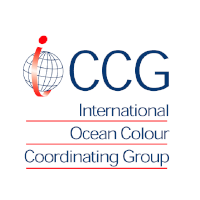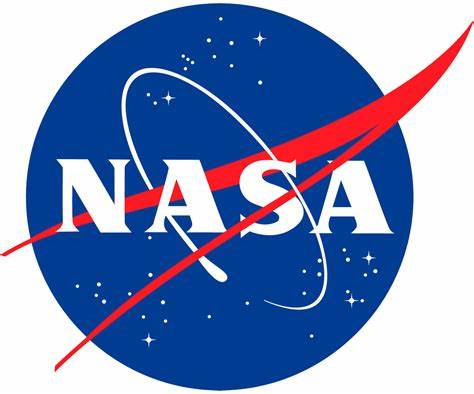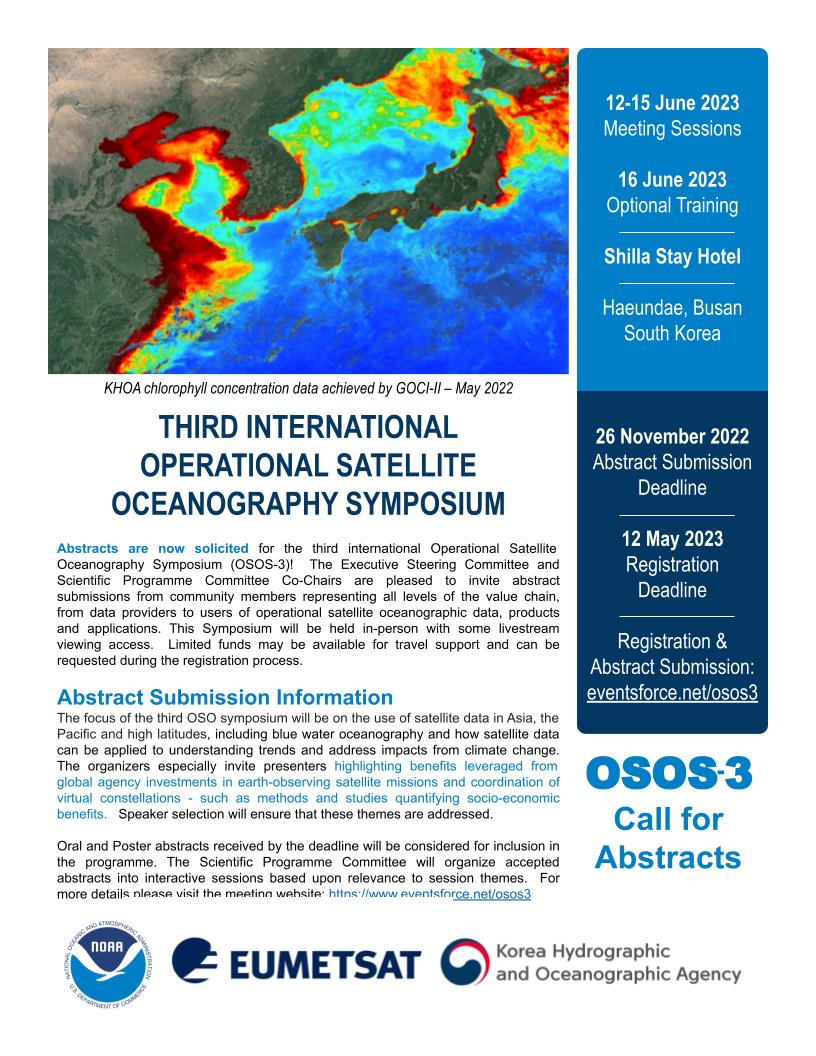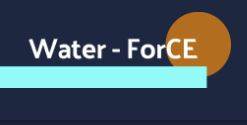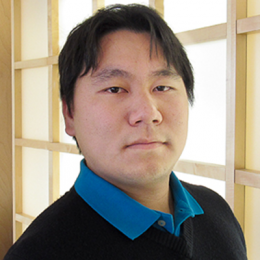2023 International Ocean Colour Science Meeting
St. Petersburg, FL, USA, 14-17 November 2023
The fifth International Ocean Colour Science (IOCS) meeting will be convened by the International Ocean Colour Coordinating Group (IOCCG) in partnership with the University of South Florida, NASA, and NOAA, and will take place from 14-17 November 2023 in St. Petersburg, Florida, USA
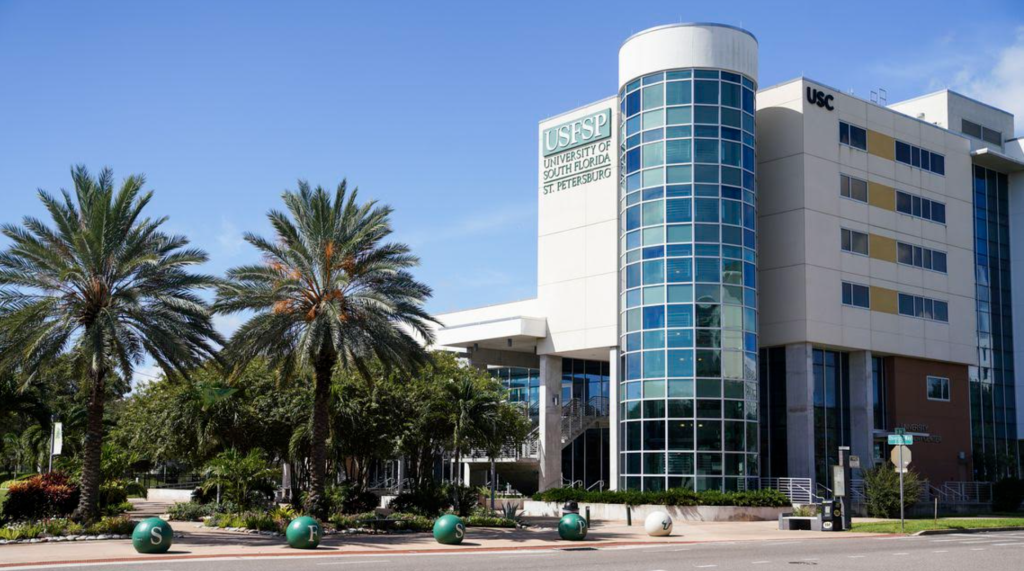
The primary focus of the IOCS meetings is to serve as a venue for the ocean colour community to communicate their views, ideas, concerns and issues with the satellite agencies. The programme for the IOCS-2023 meeting will include invited keynote lectures, agency talks, breakout workshops, poster sessions and community Town Halls. It is anticipated training events and side meetings will also be scheduled.
The overarching theme for IOCS-2023 is “Impact and Value of Ocean Colour Observations in a Changing World: Water in all its Colours” with the overall goal of nurturing a strong global user community for ocean colour science and applications, and fostering exchange between the ocean colour research community and international space agencies with an interest in ocean colour science.

